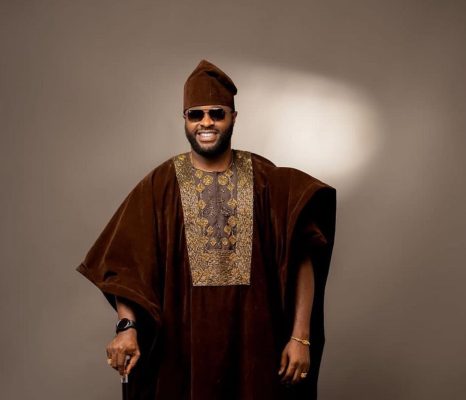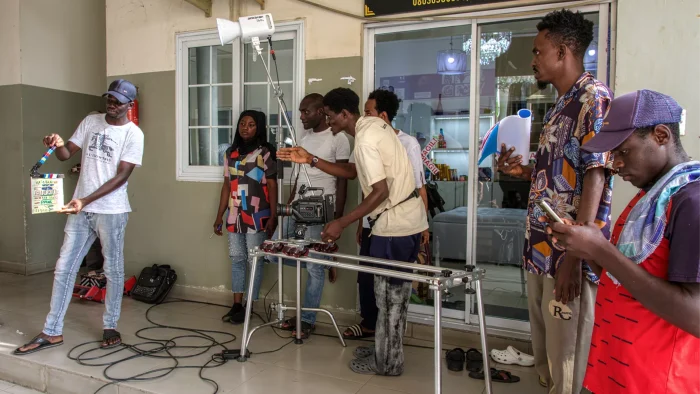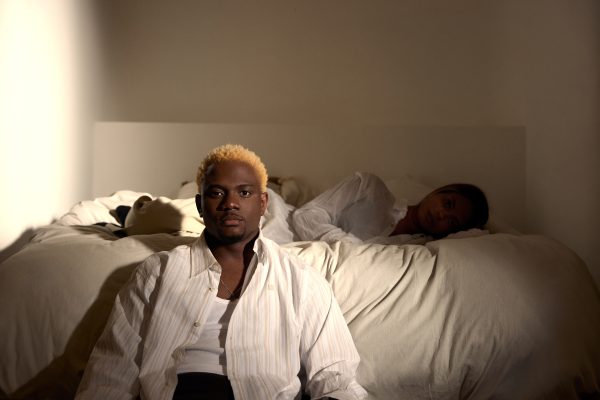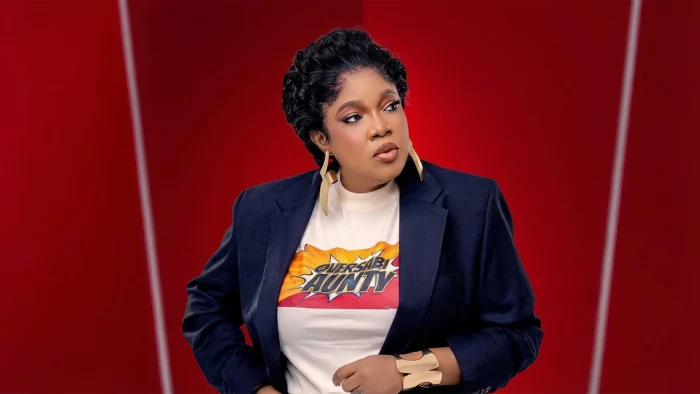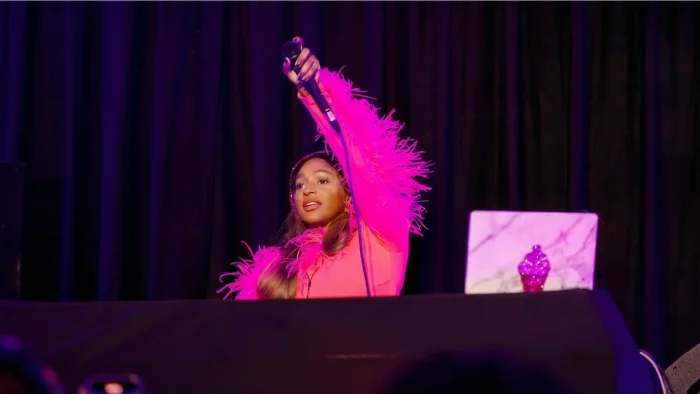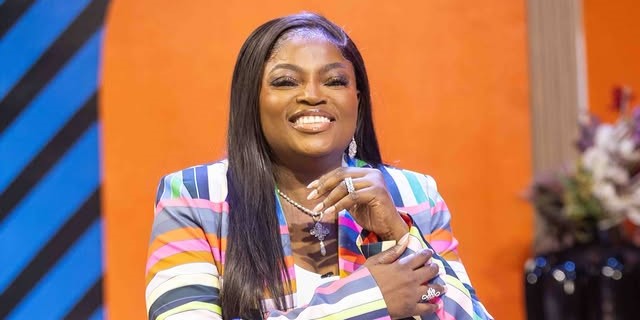Masterkraft’s new 17-track gospel album The Light swaps club thumpers for House, Highlife, Afro‑pop and Soul—an intimate chronicle of faith, grace and patience from one of Afrobeats’ most prolific hitmakers.
Since his debut in the Nigerian music industry in the mid-2010s, award-winning music producer and singer Masterkraft, born Sunday Nweke, has showcased his versatility, including his just-released album, Light. The 17-track Christian gospel spin is a potpourri of House, Highlife, Afro-Pop, and Soul.
Tapping notable voices such as Tim Godfrey, Greatman Takit, Cracker Mallo, Isaac Geralds, Fome Peters, among others, Masterkraft crafts an enjoyable album, with inspiring messages and catchy lyricism. Standout tracks on the album include Blessed, Fear No Evil, and Something.
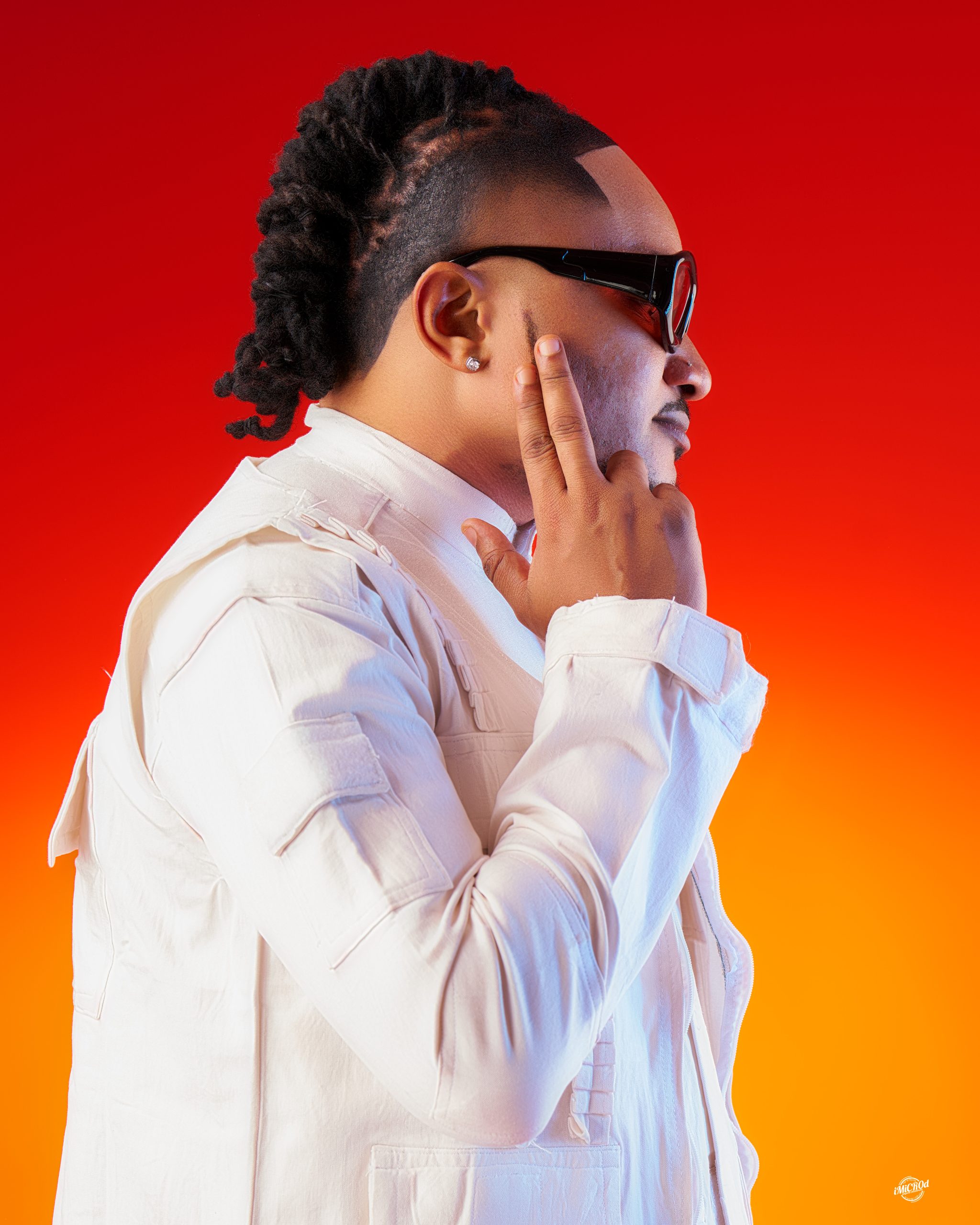
With critical acclaim on the secular or mainstream Afrobeats scene, Masterkraft’s legacy as a diversely talented musician shines through on Light. His formula? A bullish work ethic that keeps him curious and inspired
In this week’s edition of Guardian Music, the talent behind some of Afrobeats’ vintage and fresh hits like Wizkid’s Odoo, Flavour’s Kwariwkwa, CDQ’s Indomie (with Olamide and Davido), Bella Shmurda’s Hallelu, and Guchi’s Composure (with Odumodublvck) opens up on his experience creating this new album and more.
Why did you decide to title the album Light?
I decided to title it Light because of my journey through life and how my mentality has affected everything I’ve been able to overcome and become. It was paramount for me to somehow turn it into songs and make it a thing that I can pass on. I will always say that music is a tool that is used to hide or expose information, somehow.
How long have you been working on this album?
I started last year, in November. I was pretty much doing my other stuff, and then I became restless. I even made a documentary about the project to explain it as well. It is a faith-conscious project. It is my journey of grace, faith, and patience.
I started working on it last year when I was just doing my own stuff, and it became a burden in my heart to create a project like that. There are lots of young people that I mentor, and a lot of people that are looking up to me. I needed to find a way to get them to understand some other types of things as time passes. In the end, nothing go fit shake them as they grow.
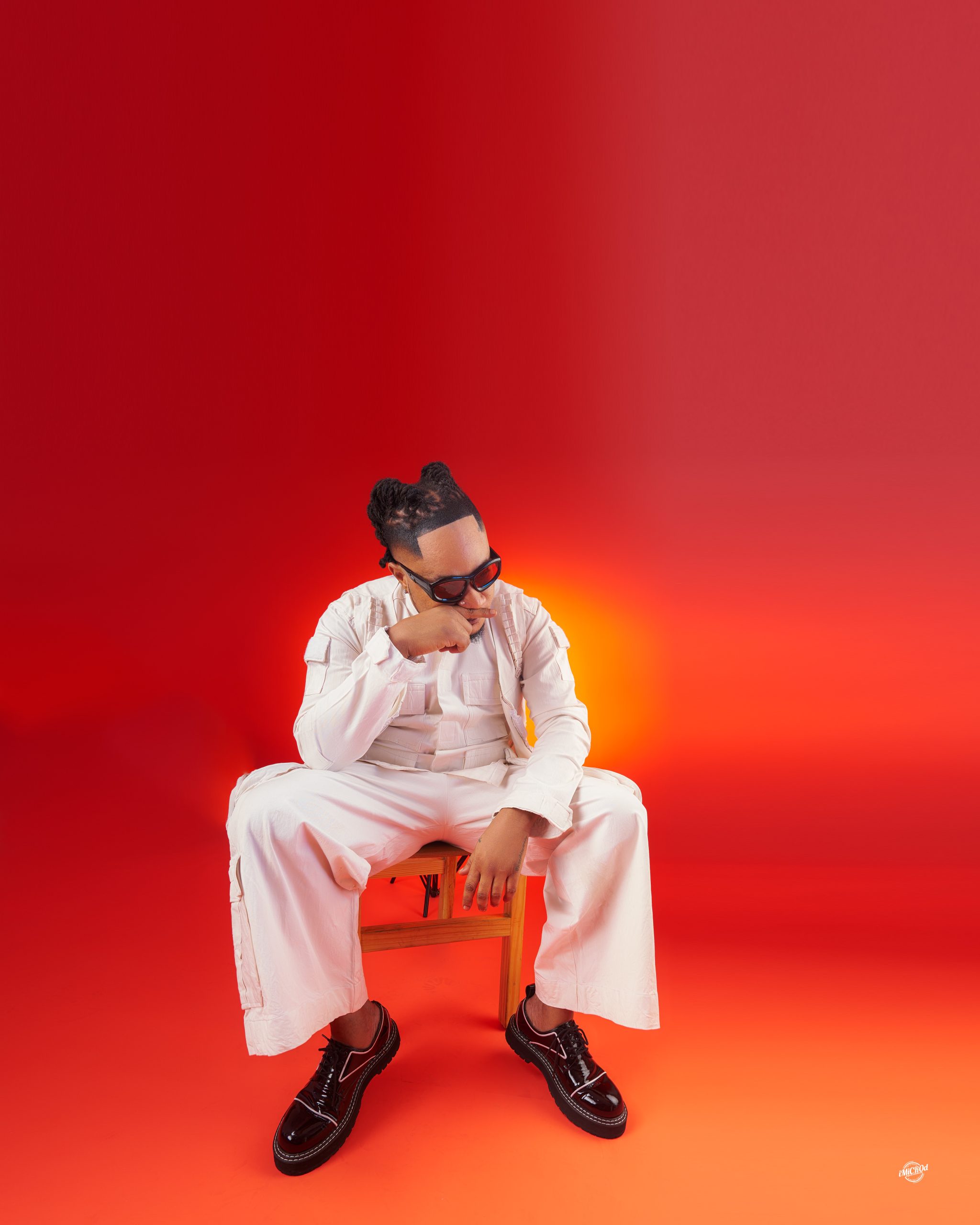
What was the experience like creating the music?
It was definitely a very beautiful one, because I already come from a heavily spiritually-influenced background, musically, especially starting out from the church, being a keyboard player and a music director. It was more fun for me because of my background as a proper church musician.
If you are a musician who does gospel and you also do secular music, you would realise that secular music does not require as much musical prowess as gospel music would require. So, it’s always a beautiful thing, having to touch that side of your talents more during gospel music. So, it was just bliss. It was easy and fun to make.
Tell us about your creative process as well.
I think the first thing I do is figure out the mood I want to create with the music, because, essentially, it’s a mood that is more remembered than even the words of the song. So I just go ahead and think about the mood that I want to generate. If I want to make a dance song, I think about how the sound already puts you in a mood that gets you dancing. So, that’s typically my process. First and foremost, I think about the mood that I want to create, and I go for it.
What was the most challenging record to make on the album?
I don’t think I experienced any serious, challenging moments recording it because coming from a Christian gospel background, it’s fun having to face difficult moments. I don’t even know the most challenging song I produce, because at the end of the day, the challenge in making the song is what makes the job.
What inspired your choice of features on the album?
Obviously, I know that this particular project is going to revolutionise music, especially gospel or faith-based music in Nigeria. I am blessed to be the kind of person that has done that over and over again. So when I was creating this project, I was very conscious of the features. I was working with the people that my mind and my spirit told me to work with, so much that even if they might not be popular, they are in line with the vision of the project.
There was a song I made with a friend of mine called Fome Peters, for example. He’s a producer, a songwriter, and a singer. He has also come a long way with me. I was looking out for features that are crossovers. I wanted to build that kind of foundation with the music in a way where I’m not trying to colour the music so much with features to impress anybody or to make anybody feel like something is happening. I really wanted to touch the grassroots of the music, especially with the people that I know and the artists that I put on it.
When you’re not making music, what are you typically up to?
When I am not making music, I am most likely playing FIFA or playing football in the field. I really like football. Back in the days, I wanted to be a footballer just before music stepped in.
Tell us about that part of your childhood.
I started out playing football because I was born in Ajegunle. If you are born in Ajegunle, it is one of two or three things. It’s either you are playing football, you are doing music, or you’ll be Jaguar. Jaguar means that you are a street boy. One could not escape these three things. You had to choose one.
I figured that I had a passion for football growing up. So I used to play in school, at Olodi Apapa. I played for a club called 11 Stars. At that time, we had the opportunity to play with the Pepsi Football Academy, and I applied. I was hoping that I was going to be chosen. All of those dreams were shattered because they didn’t pick me. We didn’t have the financial capability at the time to be able to influence the system to choose us. I still play football till now.
What are your thoughts on the future of Nigerian music?
Personally, I think if there’s anything I know with our music right now, it’s the fact that our musicians are growing, numbers-wise. Unfortunately, I do not think that the music itself is making that type of growth. I don’t think sonically, we are making the right move, because at the end of the day, that’s what matters.
I think that if there’s anything that is going to help our music where it is right now, we need proper music education. We need to educate the talents that are out there. We need to start to groom the musicians to know what it means to play musical instruments. We need to groom them to know what it means to be able to produce music, like proper training on how to perform certain songs.
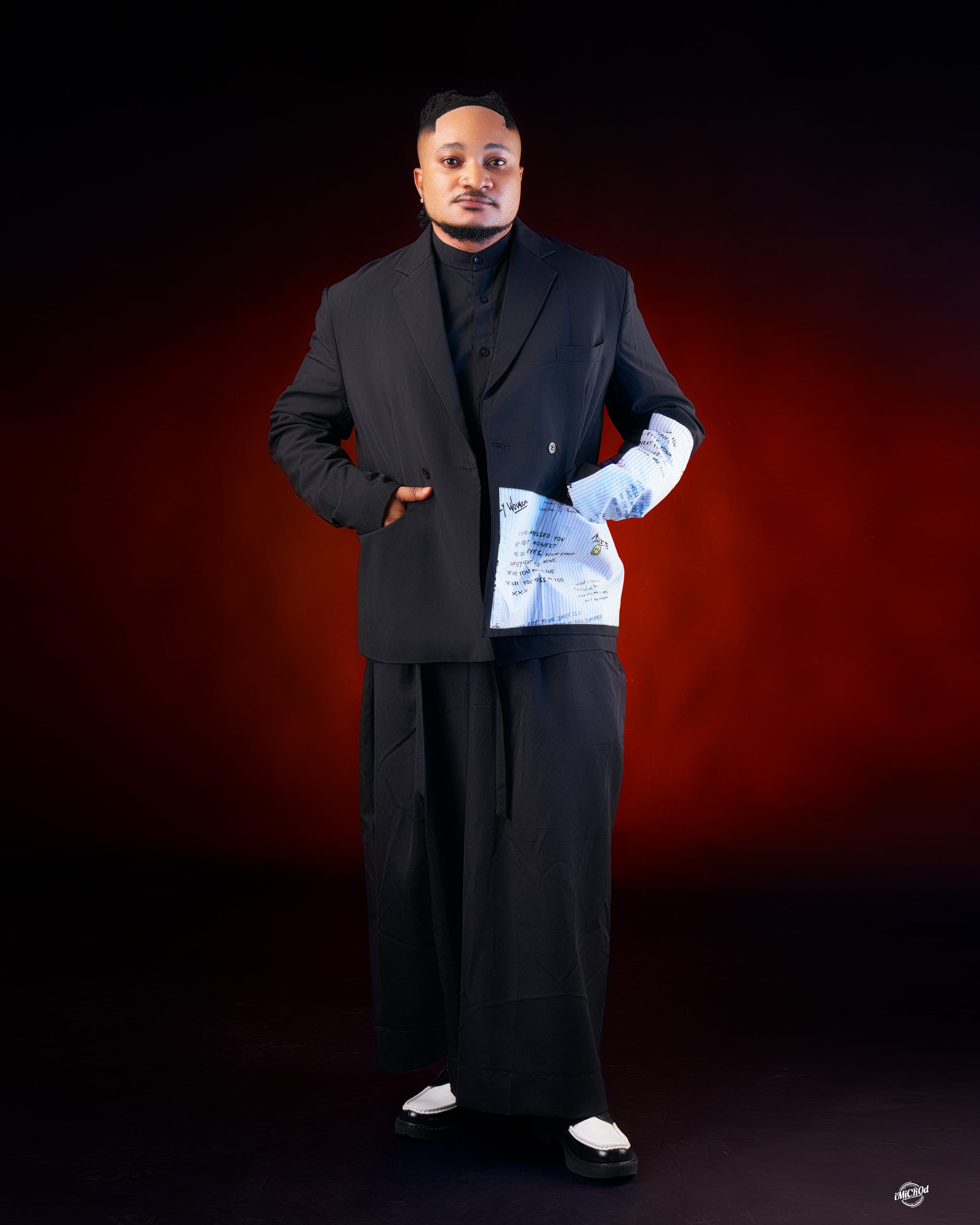
I believe that if we do not take care of those things, the music will definitely decline. Right now, a lot of artists are scared to even release music, because they’re kind of stuck with ideas. Everybody is churning out the same thing. The music is a little stiff. The people who know how to do it well are so few, you know, which is one of the things I was trying to achieve with this project. So, we experience growth market-wise, but knowledge-wise, I don’t think we’re there at the moment, but we’re definitely a work in progress!
Are there any voices on your radar you would like to share?
I definitely see a lot of talents. There’s a guy called Typefeez. There’s BoyPee and the whole Ogechi crew. I see a big prospect from that angle. Fola is also doing well. And I think there’s also something special about the Benin Boys movement: that’s the Shallipopi, Zerry DL, and Famous Pluto trio. There’s definitely something there, if it’s properly harnessed. There are lots of other talents that I know that haven’t broken out of the underground, but I know that the shift is coming.
Finally, what is the vision for Masterkraft?
Sincerely speaking, sometimes it’s difficult for one to envisage, especially in a country like Nigeria, where we are not politically or economically stable. So, for now, I am trying to make sure that there is no part of myself that I do not explore. I’m giving it my all.
I’m trying my best to also launch a proper talent development programme where I’m able to get young people to sit down for a month or two and properly tutor them on how to meditate, how to use words, get them into the music properly, immerse them into the craft, and try to remove some of the dirty words circulating in the music scene. I want to give everything that has to do with the music. I’m open to working with almost any category of person.


